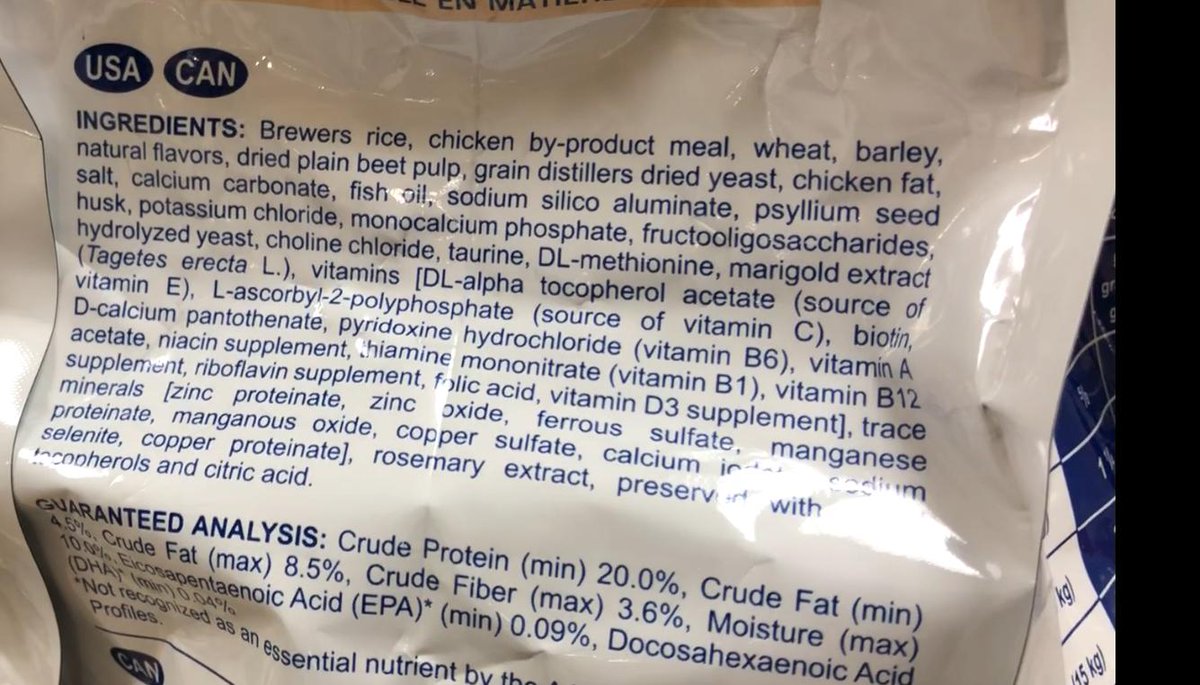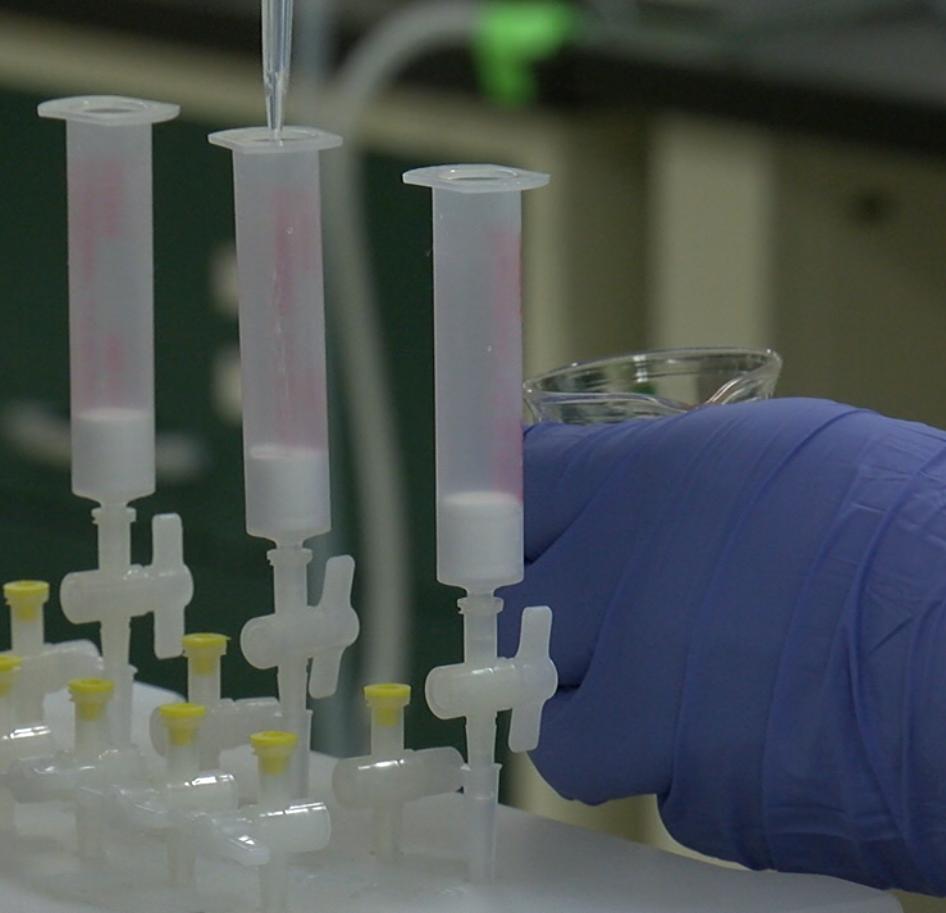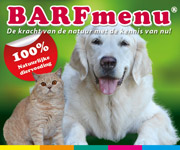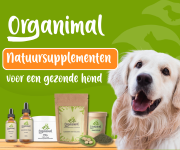WASHINGTON (ABC7) — You want the best for your pets and when they're sick, sometimes that means buying expensive prescription pet food.
Because that food requires a prescription from your vet, it's reasonable to think you're buying medically necessary, pure, high-quality active ingredients to make your pet well.
What you’re actually getting may be a hard pill to swallow.
“There is no medicine in prescription pet foods. There's nothing ‘prescription’ in the food at all,” said Dr. Karen Becker.
Becker is a veterinarian who specializes in critical cases and nutrition. She’s made a career out of taking “hopeless” patients and often uses food as her strongest medicine, but never prescribes processed, prescription diets.
"There are no drugs, there's no medicine, there's no herb,” said Becker. “So, "by prescription" means you have to buy it from your veterinarian. But the list of ingredients on the back of the food is usually not much different than regular pet food."

In fact, “Prescription Diet” is a marketing term, trademarked by Hill’s, the maker of Science Diet. That trademark is the reason other “prescription” pet food manufacturers alternatively label their prescription products "therapeutic" or "veterinary" diets.
Given that these diets can be more than four times as expensive as regular pet food, we wanted to know if the products at least contained cleaner, higher-quality ingredients.
At Ellipse Analytics, a specialized lab in Denver, we tested 125-prescription pet foods from four leading brands: Hill’s Science Diet, Royal Canin Veterinary Diet, Blue Buffalo Veterinary Diet, and Purina Pro Plan Veterinary Diet.
We looked for more than 130-contaminants including heavy metals like mercury and arsenic, antibiotics, pesticides, and mycotoxins, produced by certain molds, that can cause illness and even death.
The results were compared to similar tests on more than 14-hundred traditional pet foods.
Overall, prescription pet foods performed no better than their off-the-shelf counterparts.
"You're buying the exact same level of purity and cleanliness that you would've gotten if you'd gone and bought a product at a Walmart," said Dr. Sean Callan, Senior Vice President of Innovation and Operations at Ellipse Analytics.
“That should be concerning,” said Callan, “because you would expect, given the price premium these products command, and given that they're being fed to very sick animals, that they would be made with a higher degree of purity, a higher degree of ingredient supply chain control than this data says they are."

And in some cases, prescription brands performed worse.
Our tests showed 40% of prescription pet foods contained pesticides, one of the highest incidence rates of any category the lab has tested.
The lab also found glyphosate, the controversial weed killer that is the active ingredient in Roundup, in some of the products.
“For many of these contaminants, we don't have ceilings,” said Becker. “The pet food industry has not set industry standards. So, glyphosate for instance, there isn't a legal or safe limit for dog and cat glyphosate levels."
Becker says for already compromised pets, these contaminants add an additional burden. “Because pet foods are not regulated the same as human foods, pet parents could be purchasing these foods assuming that they're fixing one issue when they could be creating another medical issue."
For more than two years, Ellipse Analytics has compiled a comprehensive data set containing more than 2,000 pet food products. The lab believes it is the largest and most detailed data set of its type, giving their scientists a unique vantage point.
“Pet food products tend to be significantly more contaminated when it comes to heavy metals when it comes to pesticides and things like that than what you’d find in a human food product, which is a concern because humans have a varied diet,” said Callan. “Whereas, when you’re talking about pet food, you’re feeding the animal the same thing every day, multiple days in a row and in the case of prescription pet food, you’re feeding a sick animal the same thing every day, multiple days in a row. So, what would be, with us, something that could be spread out over the course of the diet, ends up being a concentrated event.”
Scientists like Callan contend that if pet food manufacturers wanted to, they could improve quality control and minimize or even eliminate contaminated ingredients.
“If a brand manufacturer wanted to reduce the number of heavy metals or pesticides, they could do that by changing their sourcing, changing their quality control standards,” said Callan. “These are fixable issues because we find that a lot of the time brands are making products that are in the market that don’t have these issues. So, there are ways to solve them that already exist."
Dr. Becker says proper nutrition can be healing and the premise for these diets makes sense. For example, lower protein for kidney and liver disease, or avoiding certain proteins for GI or allergic patients.
“In one aspect, there’s comfort in knowing that you are providing a specific set of nutritional guidelines for a medical condition,” said Becker. “The downside is because these foods are not tested for contaminants, purity or for other byproducts that could be included in the foods, these types of test results that you have discovered are not only not shocking to me, it's very frustrating because it causes pet parents to lose faith not only in the veterinarian but in pet food companies across the board.”
We contacted all four companies and requested interviews and answers to specific questions.
Purina is the only company that responded, with a statement that said in part:
"Veterinary diets are pet foods specially formulated to help nutritionally manage specific medical conditions. We welcome rigorous science and peer-reviewed research that employs sound methodologies and validation..."
Several lawsuits have alleged in class actions that Mars, Purina, Hills, and others deceptively sold prescription pet food in violation of state and federal laws. One such claim, in California, was dismissed by the trial court and is now on appeal in the United States Court of Appeals for the Ninth Circuit. A decision is expected by the end of the year.
Two cases are pending in Kansas and Missouri.
======
Heel in het kort: onderzoek heeft uitgewezen dat de dure "prescription diets" (voorgeschreven voertjes voor allerlei medische problemen) van merken als Hill's, Royal Canin, Purine Pro Plan Veterinary diet, etc evenveel en soms zelfs meer rotzooi (als in zware metalen zoals kwik, arcenicum, antibiotica, pesticides, mycotoxine) bevat dan gewone merken brokjes. Je zou toch denken dat als je een voer maakt voor zieke dieren, je met wat beters komt.... Te meer je er ook nog eens een vermogen voor moet neer tikken, voor die zogenaamde dierenartsbrokkies. Charming weer
Het artikel staat hier: https://wjla.com/features/7-on-your-sid ... fDyPC0xduI









